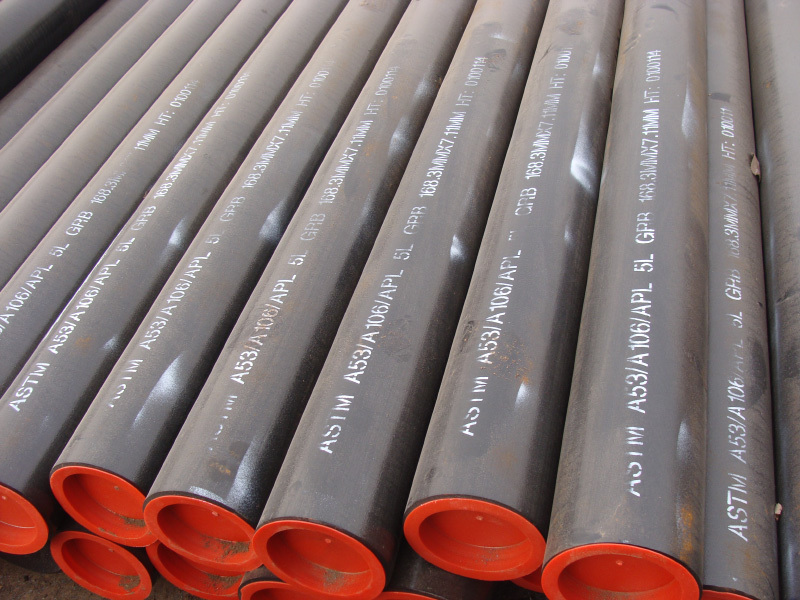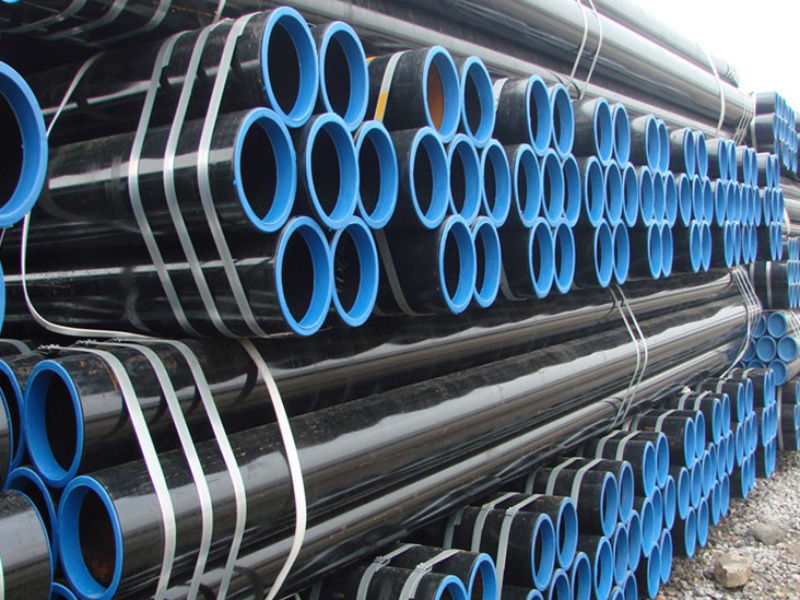Leading Smls Pipe and fittings supplier from China since 1991
Understanding API Line Pipes: Essential Components in Automotive Fluid Transfer
API line pipes are crucial components in the automotive sector, particularly in the manufacturing of hydraulic and fuel transfer systems. These pipes are designed to meet the specifications defined by the American Petroleum Institute (API), ensuring high standards in safety and reliability for the automotive industry. Understanding the role and characteristics of API line pipes is vital for profes
Jul 19,2025

API line pipes are crucial components in the automotive sector, particularly in the manufacturing of hydraulic and fuel transfer systems. These pipes are designed to meet the specifications defined by the American Petroleum Institute (API), ensuring high standards in safety and reliability for the automotive industry. Understanding the role and characteristics of API line pipes is vital for professionals engaged in the automotive and parts manufacturing sector, especially those working with automotive horizontal components such as fuel and oil lines.
One of the primary functions of API line pipes is to facilitate the safe and efficient transfer of fluids. In automotive applications, they are often used to transport fuels, oils, and hydraulic fluids from one part of the vehicle to another. Given their exposure to various pressures and environmental conditions, these pipes are engineered to withstand extreme temperatures and corrosion, ensuring longevity and optimal performance.
API line pipes are typically manufactured from high-quality materials, such as carbon steel or stainless steel, which offer excellent mechanical properties. When selecting API line pipes for automotive applications, it is essential to consider factors such as the fluid's temperature, pressure, and chemical composition. These considerations help in choosing the right pipe specifications, including the wall thickness and diameter, which are critical for maintaining the system's integrity and preventing leaks.
Moreover, the use of API line pipes in automotive designs contributes significantly to safety. Leaks in fuel or hydraulic systems can lead to hazardous situations, including fire risks or mechanical failures. By adhering to API standards, manufacturers ensure that the pipes can endure the stress and strain they encounter during normal vehicle operation. This not only protects the vehicle's functionality but also enhances overall road safety for drivers and passengers alike.
In addition to their safety features, API line pipes also play a role in improving the efficiency of automotive systems. The proper design and installation of these components can minimize pressure drops and fluid turbulence, leading to better fuel efficiency and improved engine performance. This efficiency is particularly important in modern vehicles, where optimizing fuel consumption is a critical concern for manufacturers and consumers.
In conclusion, API line pipes are indispensable in the automotive industry, serving as the backbone for fluid transfer systems in vehicles. Their design, material quality, and adherence to safety standards make them essential for ensuring reliability and efficiency in automotive applications. As professionals continue to innovate in vehicle design and engineering, a thorough understanding of API line pipes and their characteristics will remain vital for enhancing vehicle performance and safety.
One of the primary functions of API line pipes is to facilitate the safe and efficient transfer of fluids. In automotive applications, they are often used to transport fuels, oils, and hydraulic fluids from one part of the vehicle to another. Given their exposure to various pressures and environmental conditions, these pipes are engineered to withstand extreme temperatures and corrosion, ensuring longevity and optimal performance.
API line pipes are typically manufactured from high-quality materials, such as carbon steel or stainless steel, which offer excellent mechanical properties. When selecting API line pipes for automotive applications, it is essential to consider factors such as the fluid's temperature, pressure, and chemical composition. These considerations help in choosing the right pipe specifications, including the wall thickness and diameter, which are critical for maintaining the system's integrity and preventing leaks.
Moreover, the use of API line pipes in automotive designs contributes significantly to safety. Leaks in fuel or hydraulic systems can lead to hazardous situations, including fire risks or mechanical failures. By adhering to API standards, manufacturers ensure that the pipes can endure the stress and strain they encounter during normal vehicle operation. This not only protects the vehicle's functionality but also enhances overall road safety for drivers and passengers alike.
In addition to their safety features, API line pipes also play a role in improving the efficiency of automotive systems. The proper design and installation of these components can minimize pressure drops and fluid turbulence, leading to better fuel efficiency and improved engine performance. This efficiency is particularly important in modern vehicles, where optimizing fuel consumption is a critical concern for manufacturers and consumers.
In conclusion, API line pipes are indispensable in the automotive industry, serving as the backbone for fluid transfer systems in vehicles. Their design, material quality, and adherence to safety standards make them essential for ensuring reliability and efficiency in automotive applications. As professionals continue to innovate in vehicle design and engineering, a thorough understanding of API line pipes and their characteristics will remain vital for enhancing vehicle performance and safety.
Hot Tags:
PREVIOUS:






